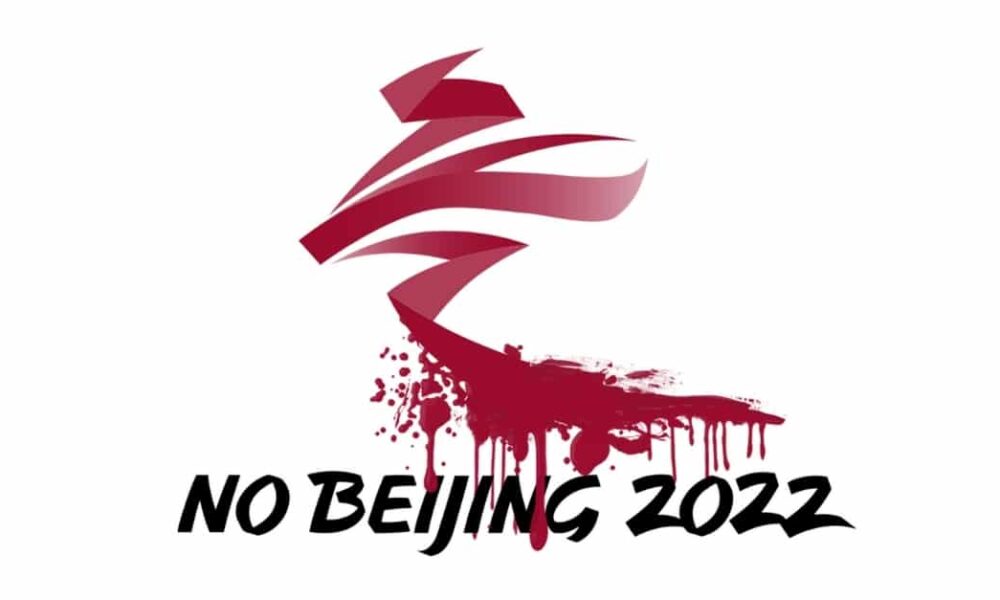When the Olympic flag rises in Beijing’s National Stadium this February, it will not be a moment of prestige or celebration. It will be a painful reminder that, in the eyes of the world, the horrors and abuses of the Chinese Communist Party (CCP) can be swept aside to make way for a flashy spectacle. To us Hongkongers fortunate enough to speak from the relative safety of Canada, the event symbolizes how the CCP has jailed or exiled an entire generation of young Hongkongers in its quest to crush dissent and manufacture a sanitized image of China for the world. McGill students must push their Members of Parliament to support a full boycott of the Beijing 2022 Winter Olympics.
The human rights abuses of the Chinese state are more serious than ever before. In East Turkestan, the CCP’s ongoing genocide of Uyghur Muslims has resulted in at least one million people locked up in concentration camps, where many suffer torture and forced sterilization. In Tibet, forced relocation, arbitrary arrest, and torture in police detention are all common tactics to prevent Tibetans from speaking up like they did against the 2008 Beijing Olympics. And in Hong Kong, over 10,000 protesters—many of whom are teenagers—have been arrested as a government crackdown on university unions and student activism charges on.
Despite the ever-worsening human rights situation in China, preparations are going ahead as planned for what some activists are now calling the “Genocide Games.” The world must not make the same mistake that it did in 1936: Despite a global “boycott” campaign against the Berlin “Nazi” Olympics, many countries ultimately still sent their athletes to the Games, which Hitler used to promote the Nazi regime. Consequently, an opportunity to censure his regime was lost. However, Olympic boycotts have been effective in the past: In 1976, 22 African countries boycotted the Montreal Olympics in protest of the International Olympic Commitee’s indifference toward apartheid in South Africa, and as a result, Canada lost one million dollars—equivalent to nearly five million dollars today––in hotel and ticket sales. A boycott of the Genocide Games would deny the CCP a chance to use media coverage of the Games to distract worldwide viewers from their various human rights atrocities.
Some counter that a boycott is detrimental to the well-being of the athletes—the Olympics only happen once every four years; a boycott would mean that athletes lose their chance at competing at one of the highest levels of sport. While this is true, it is important to keep in mind who pays the price for these Olympic dreams. For every young Canadian who receives a medal on the winner’s podium in Beijing, there are thousands of young Uyghurs, Tibetans, and Hongkongers who remain locked behind bars. Long after the medal-winners and foreign journalists have departed, the targets of the CCP’s ire, left behind in China, pay the price.
Politics and sports are inseparable; nowhere is this truer than in China, where political freedom is severely repressed. The recent case of Peng Shuai, a tennis star who vanished after daring to accuse a former senior Communist Party official of sexual assault, shows that even Olympians enjoy no special exemption in the eyes of the regime. In support of Peng, the Women’s Tennis Association has rightly pulled out of China entirely—the equivalent of a full boycott of the country’s actions.
Those looking forward to the sights and spectacle of the Beijing Olympics should consider how many lives they would be okay sacrificing for the sake of a sporting event and its associated advertising revenue. Consider how many people will be silenced to appease a repressive dictatorship. While moral questions are rarely easy to answer, hopefully in this case, the human cost of business as usual with the Genocide Games is clear.








